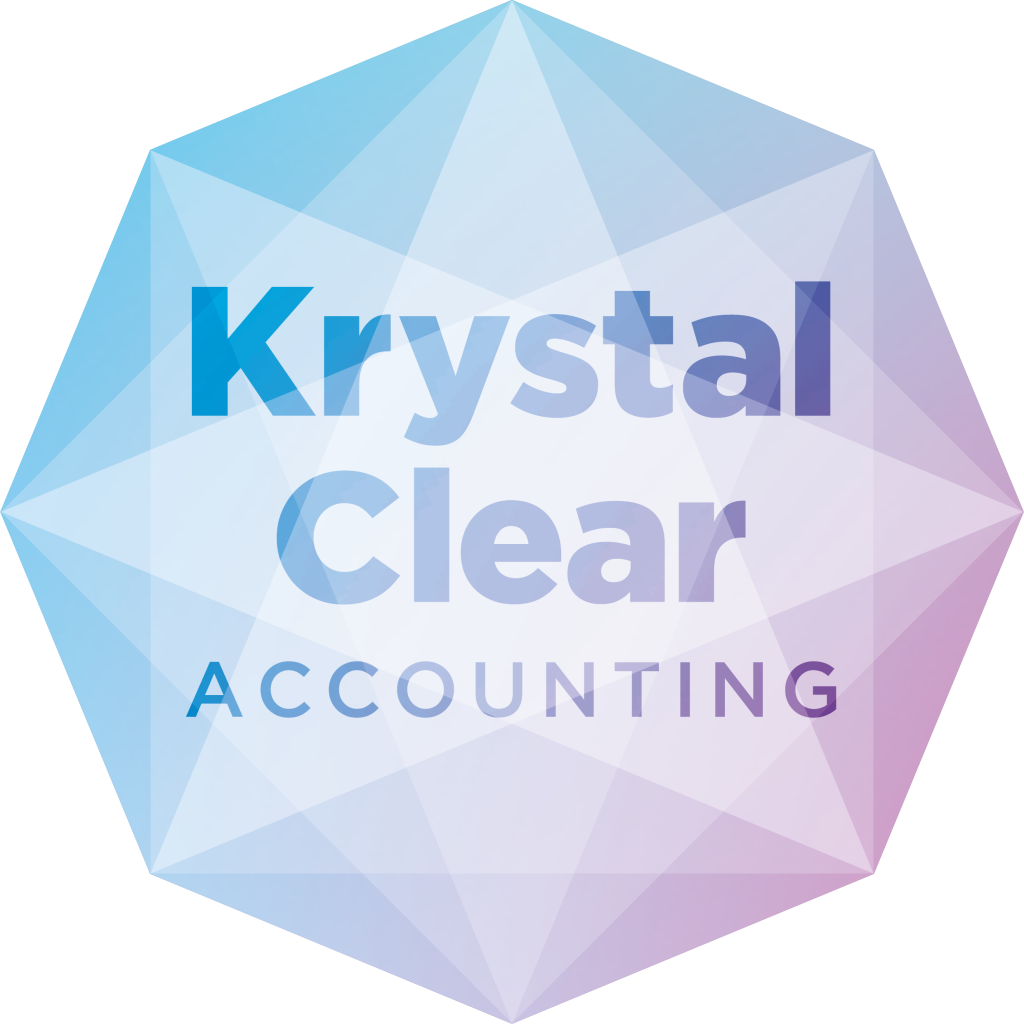
How to Improve your Business Credit Score...
If you want to borrow from lenders or negotiate trade credit with your suppliers, then your company credit score is important. You need to prove that it’s a low risk to lend to from the credit agencies perspective!
The major credit agencies will give your business a score based on its credit worthiness. This score takes into account things like: –
-
Your credit history
-
Your debt profile
-
The industry you work in
The rate you are given can have a tremendous impact on your ability to borrow money. So it’s a very good use of your time to review your credit score and take action to improve it from time to time.
So just what can you do to improve your credit score?
1) CHECK YOUR SIC CODE
Your Standard Industry Classification (SIC) code tells the relevant regulatory bodies what industry or sector you trade in. Certain sectors are higher risk than others, so if your SIC code is incorrect, you could inadvertently be bringing down your credit score.
You need to check the SIC code that is registered to your business and ensure it properly reflects the sector you work in. The more specific the better. If you can narrow down your industry classification, you give the credit agencies more information about your business and your risk level!
2) IMPROVE YOUR PAYMENT PERFORMANCE
Paying your creditors on time, and in full, creates a good
payment history. The credit agencies
will look at how long it takes you to pay your main providers and suppliers. They will look at patterns, for example do
you consistently pay late. This profile
will bump up your risk in the eyes of the credit reference agencies.
Having a good accounts payable team who consistently pay
bills on time or early (before the invoice due date!) will result in a good
payment history that suggests to the credit agencies that you are a good credit
risk!
3) DON’T APPLY FOR MULTIPLE CREDIT FACILITIES
There can be a temptation that when cash is tight, you want
to borrow as much money as possible.
However, it is not good in the eyes of credit agencies when you do this
and it will affect your credit score.
Credit agencies will not look favourably on your need to
borrow from multiple sources. It could
be a red flag to the credit agencies that you have poor cash flow and mounting
debt and suggest not a great credit risk for them.
The best way to get round this as much as possible, is to
know how much cash you need and consolidate all your lending into one facility,
so you just have one lender. It goes
without saying that you need to keep your borrowing to a sensible and
manageable level.
4) FILE THE RIGHT ACCOUNT
In certain circumstances it is possible to file filleted accounts. Whilst you may have a commercial reason to keep the information on your company limited, from the credit agencies perspective it doesn’t give them enough information on your current financial position. They could therefore as a result consider that your perceived risk level is likely to rise.
A way round this is to file full accounts that give the agencies a complete overview of your finances. Obviously you will need to weigh up what message the accounts are giving and make a considered decision.
It is also really important to file the accounts on time, so you don’t receive any late penalties and give an impression of sloppy financial management.
5) AVOID ANY RED FLAGS AGAINST THE COMPANY OR YOUR DIRECTORS
The impression you give of you and your companies financial health is very important to the credit agencies. They are of course, looking for evidence that you are creditworthy, low risk and likely to be able to pay back any debt you take on. A history of insolvency will act as a red flag and will have a negative impact on the company’s credit rating.
If you or your fellow directors have had any previous insolvencies or have things like County Court Judgements (CCJs) against you, this will affect your credit score. Clearly you can’t do anything about the past, but you can build up a good credit profile and reputation to offset this.
So, as we have already said you can: –
Pay on time, every time
Manage your cash well
Don’t build up unsustainable debt in the business
Meeting these simple goals will have a positive impact on your credit score – and clearly that is good news if you want to borrow money in the future especially for growth plans.
If you’d like help with this, especially if you need help planning out your future cash requirements then get in touch. Email wecare@krystal-clear.co.uk or call one of the team on 0161 410 0020.
Disclaimer
It is important that you take professional advice before making any decisions based on the information that you learnt here. While every effort has been made to make sure it is accurate it cannot be precisely tailored to your personal circumstances. This article is for general information only and no action should be taken, or refrained from, as a result of this information. Professional advice should be taken based on specific circumstances in each individual case. Whilst we endeavour to ensure that the information contained in the article is correct, no liability will be accepted by Krystal Clear Accounting which is a trading name of Kim Marlor Associates Ltd or damages of any kind arising from the contents of this communication, or for any action, inaction or decision taken as a result of using any such information.


